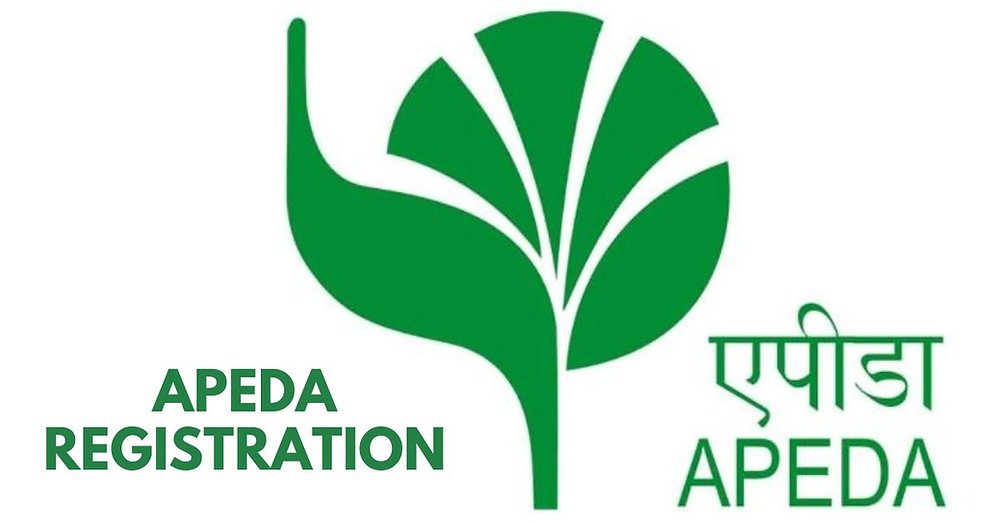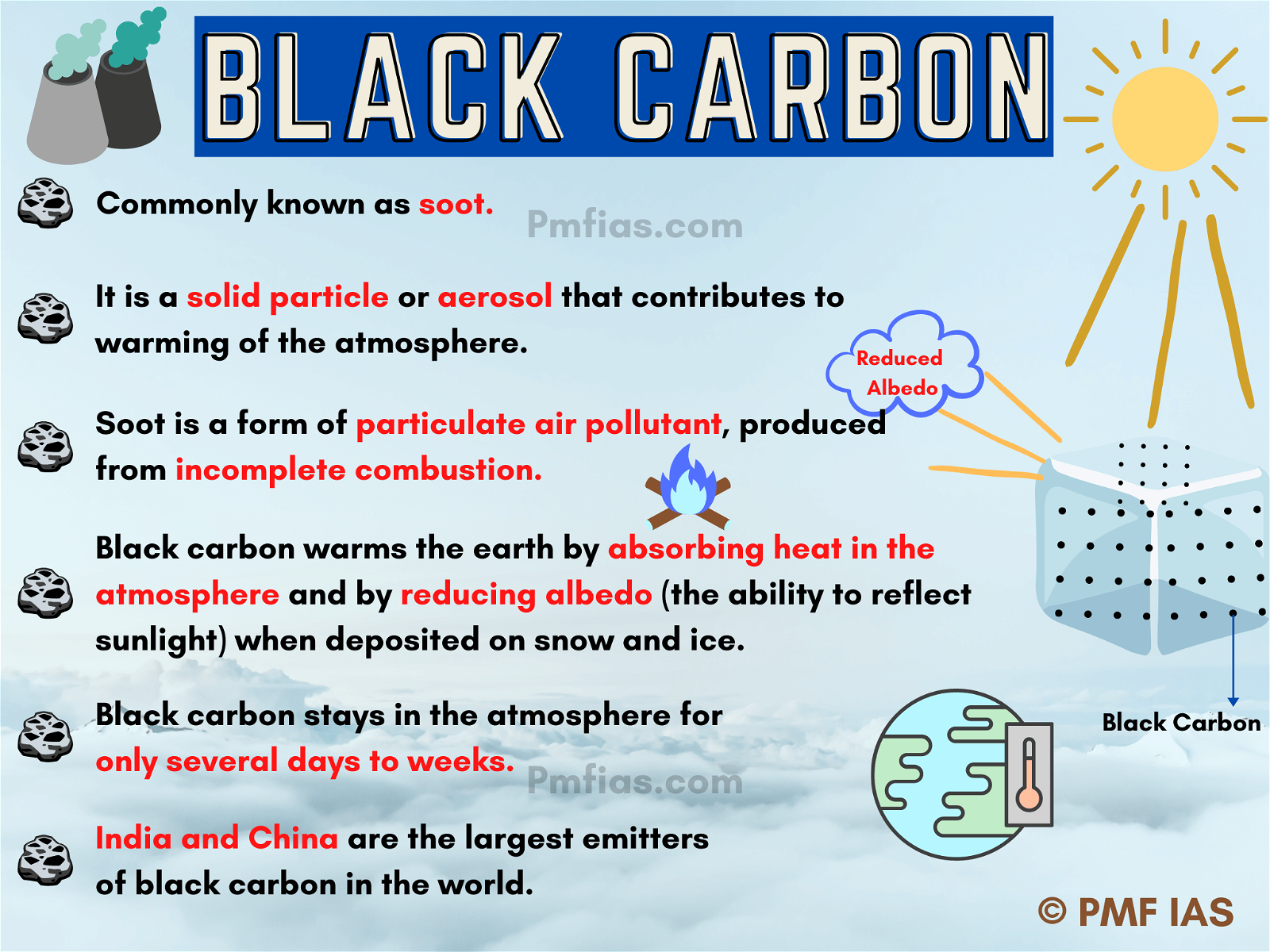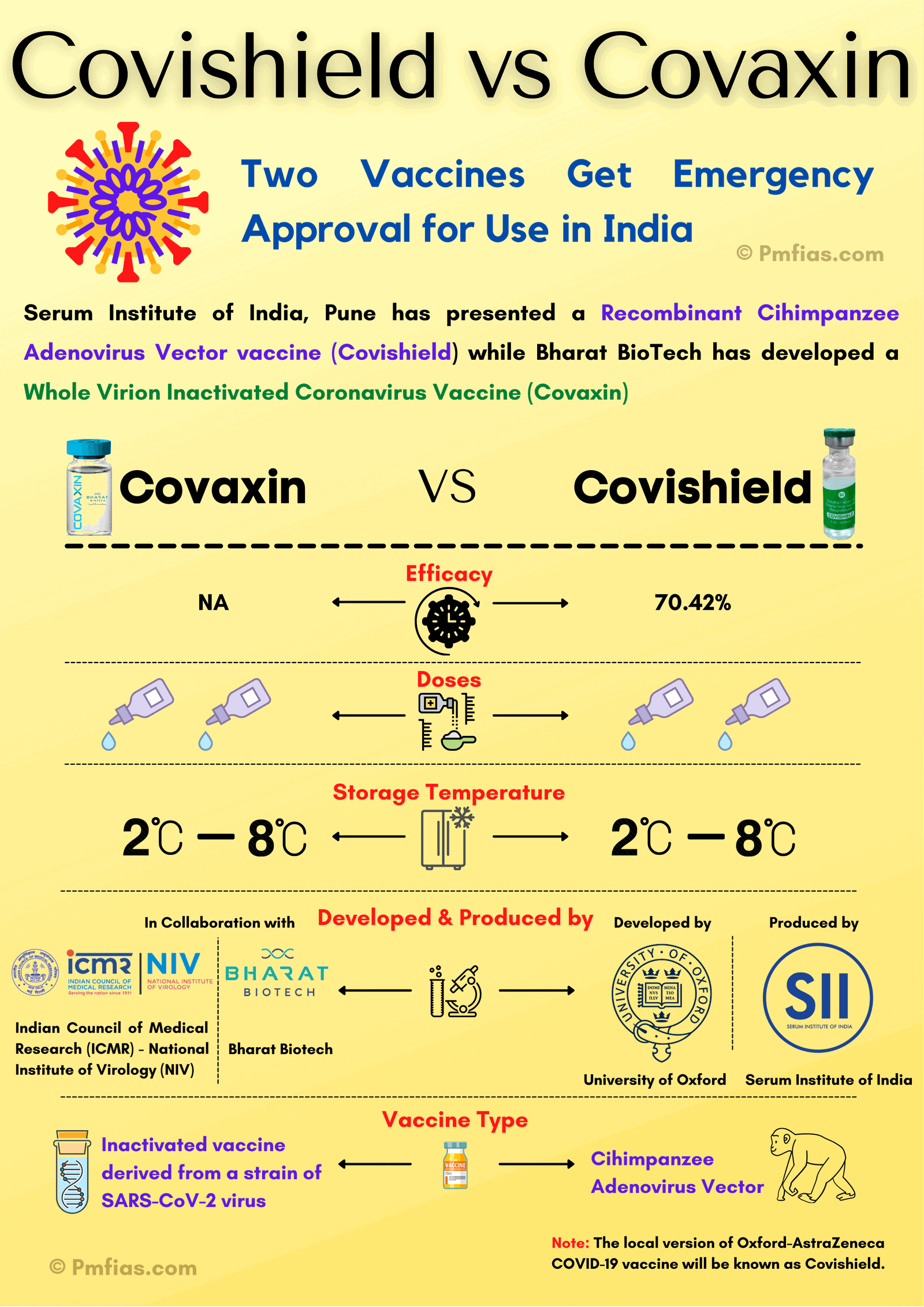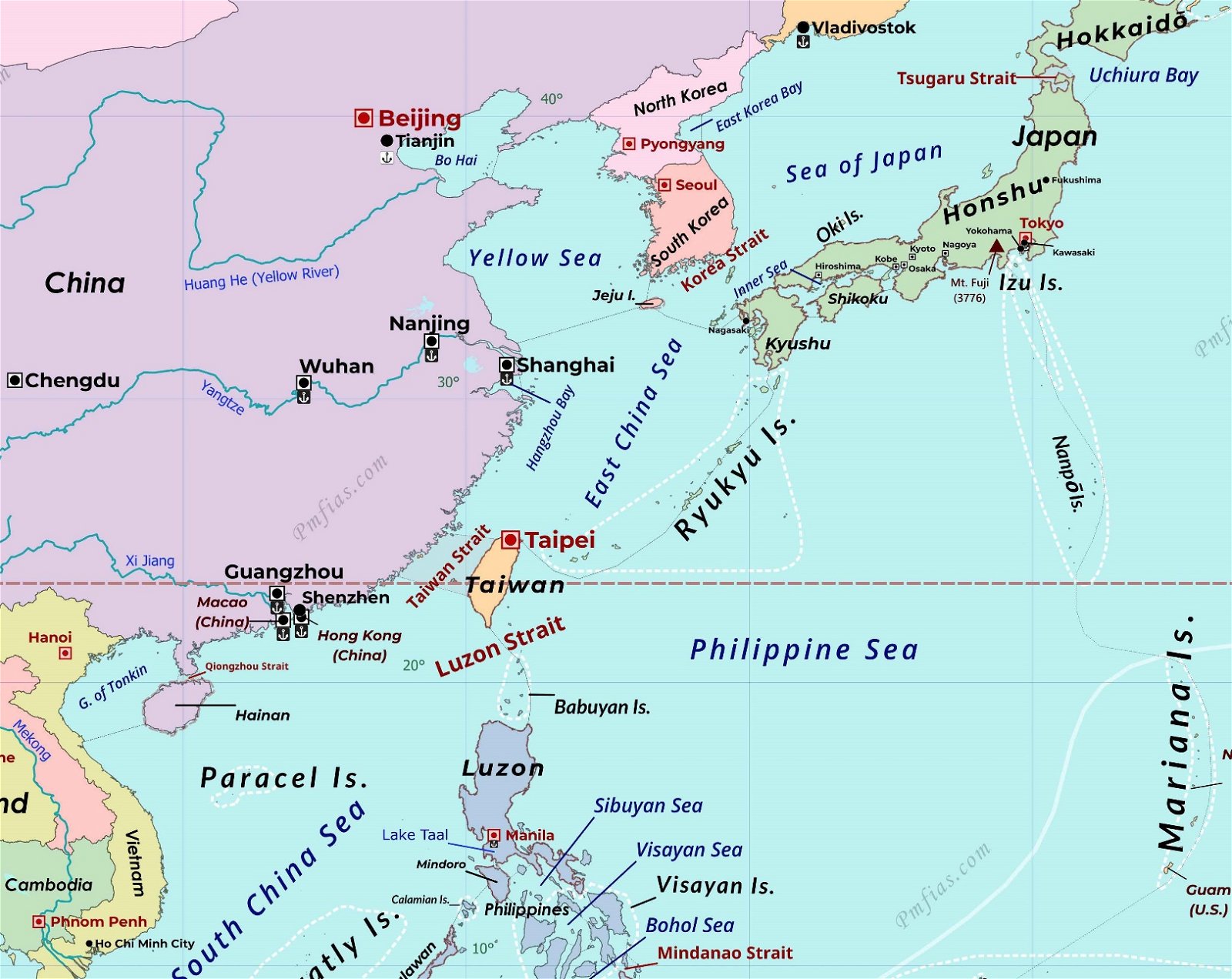
United Nations Environment Programme (UNEP) or UN Environment
Subscribe to Never Miss an Important Update! Assured Discounts on New Products!
Must Join PMF IAS Telegram Channel & PMF IAS History Telegram Channel
United Nations Environment Programme (UNEP)
- UNEP is an agency of the United Nations.
- It coordinates the UN’s environmental activities.
- It assists developing countries in implementing environmentally sound policies and practices.
- It was founded as a result of the United Nations Conference on the Human Environment 1972.
- It has overall responsibility for environmental problems among United Nations agencies.
- Addressing climate change or combating desertification, are overseen by other UN organizations, like the UNFCCC and the United Nations Convention to Combat Desertification.
- UNEP’s activities cover a wide range of issues regarding the atmosphere, marine and terrestrial ecosystems, environmental governance and green economy.
- The World Meteorological Organization and UN Environment established the Intergovernmental Panel on Climate Change (IPCC) in 1988.
- UN Environment is also one of several Implementing Agencies for the Global Environment Facility (GEF) and the Multilateral Fund for the Implementation of the Montreal Protocol.
- It is also a member of the United Nations Development Group.
- UNEP has registered several successes, such as the 1987 Montreal Protocol, and the 2012 Minamata Convention, a treaty to limit toxic mercury.
- UNEP has sponsored the development of solar loan programmes.
- The solar loan programme sponsored by UN Environment helped finance solar power systems in India.
Important Reports by UNEP
- Emission Gap Report,
- Global Environment Outlook,
- Frontiers,
- Invest into Healthy Planet.
Major Programmes of the UNEP
- Clean up the World
- Billion Tree Campaign
- World Environment Day (June 5th)
Treaties Concluded under the Aegis of the United Nations Environment Programme (UNEP) or UN Environment
Intergovernmental Panel on Climate Change (IPCC)
- IPCC is a scientific intergovernmental body under the auspices of the United Nations.
- It was first established in 1988 by two United Nations organizations, the World Meteorological Organization (WMO) and the United Nations Environment Programme (UNEP).
- Membership of the IPCC is open to all members of the WMO and UNEP.
- The IPCC produces reports that support the UNFCCC.
- IPCC reports cover all relevant information to understand the risk of human-induced climate change, its potential impacts and options for adaptation and mitigation.
- The IPCC does not carry out its own original research.
- Thousands of scientists and other experts contribute on a voluntary basis.
- The 2007 Nobel Peace Prize was shared, in two equal parts, between the IPCC and an American Environmentalist.
The aims of the IPCC are to assess scientific information relevant to:
- Human-induced climate change,
- The impacts of human-induced climate change,
- Options for adaptation and mitigation.
IPCC Assessment Reports (AR)
- In accordance with its mandate, the IPCC prepares at regular intervals comprehensive Assessment Reports of scientific, technical and socio-economic information relevant for the understanding of human induced climate change, potential impacts of climate change and options for mitigation and adaptation.
Special Reports
- Special Reports have been prepared on topics such as aviation, regional impacts of climate change, technology transfer, emissions scenarios, land use, land use change and forestry, carbon dioxide capture and storage and on the relationship between safeguarding the ozone layer and the global climate system.
Conservation of Migratory Species
- Full name: The Convention on the Conservation of Migratory Species of Wild Animals.
- Convention on Migratory Species or the Bonn Convention or Global Wildlife conference.
- It is an international treaty, concluded under the aegis of the United Nations Environment Programme.
- The Convention was signed in 1979 in Bonn, Germany and entered into force in 1983.
- The CMS is the only global and UN-based intergovernmental organization established exclusively for the conservation and management of terrestrial, aquatic and avian migratory species throughout their range.
Global Environment Facility
- The Global Environment Facility (GEF) unites 183 countries in partnership with international institutions, civil society organizations (CSOs), and the private sector to address global environmental issues while supporting national sustainable development initiatives.
- An independently operating financial organization, the GEF provides grants for projects related to biodiversity, climate change, international waters, land degradation, the ozone layer, and persistent organic pollutants.
The GEF also serves as financial mechanism for the following conventions:
- Convention on Biological Diversity (CBD)
- United Nations Framework Convention on Climate Change (UNFCCC)
- UN Convention to Combat Desertification (UNCCD)
- Stockholm Convention on Persistent Organic Pollutants (POPs)
- Minamata Convention on Mercury
- The GEF, although not linked formally to the Montreal Protocol on Substances that Deplete the Ozone Layer (MP), supports the implementation of the Protocol in countries with economies in transition.
The GEF works with18 agencies. Notable ones among them are:
- United Nations Development Programme
- United Nations Environment
- World Bank
- Food and Agriculture Organization
- Asian Development Bank
- International Fund for Agricultural Development
- World Wildlife Fund – US
- Conservation International
- International Union for Conservation of Nature (IUCN)
Areas of work
- Biodiversity, Climate change, International waters, Land degradation, Sustainable forest management / REDD+ and Ozone depletion
Q. With reference to ‘Global Environment Facility’, which of the following statements is/are correct?
- It serves as financial mechanism for ‘Convention on Biological Diversity’ and ‘United Nations Framework Convention on Climate Change’.
- It undertakes scientific research on environmental issues at global level
- It is an agency under OECD to facilitate the transfer of technology and funds to underdeveloped countries with specific aim to protect their environment.
- Both (a) and (b)
Explanation:
- GEF is an independent financial organization.
- It may fund scientific research, but it is not directly involved in scientific research.
- IPCC takes care of most of the research work.
Answer: a)

















I would like to nominate a friend of mine, he has Planted 5000 trees in various locations mainly in Northern Cyprus and for 31 years has bred 3000 partridges and 1500 pheasants plus 300 guinea fowl a year from his own resources. He has excelled in the areas of Climate and Nature.
I came across your site Champions of the Earth and believe he might be suitable for acknowledgement. Could not locate a postal or contact details on your site.
I look forward to hearing from you. Kind regards David Hill